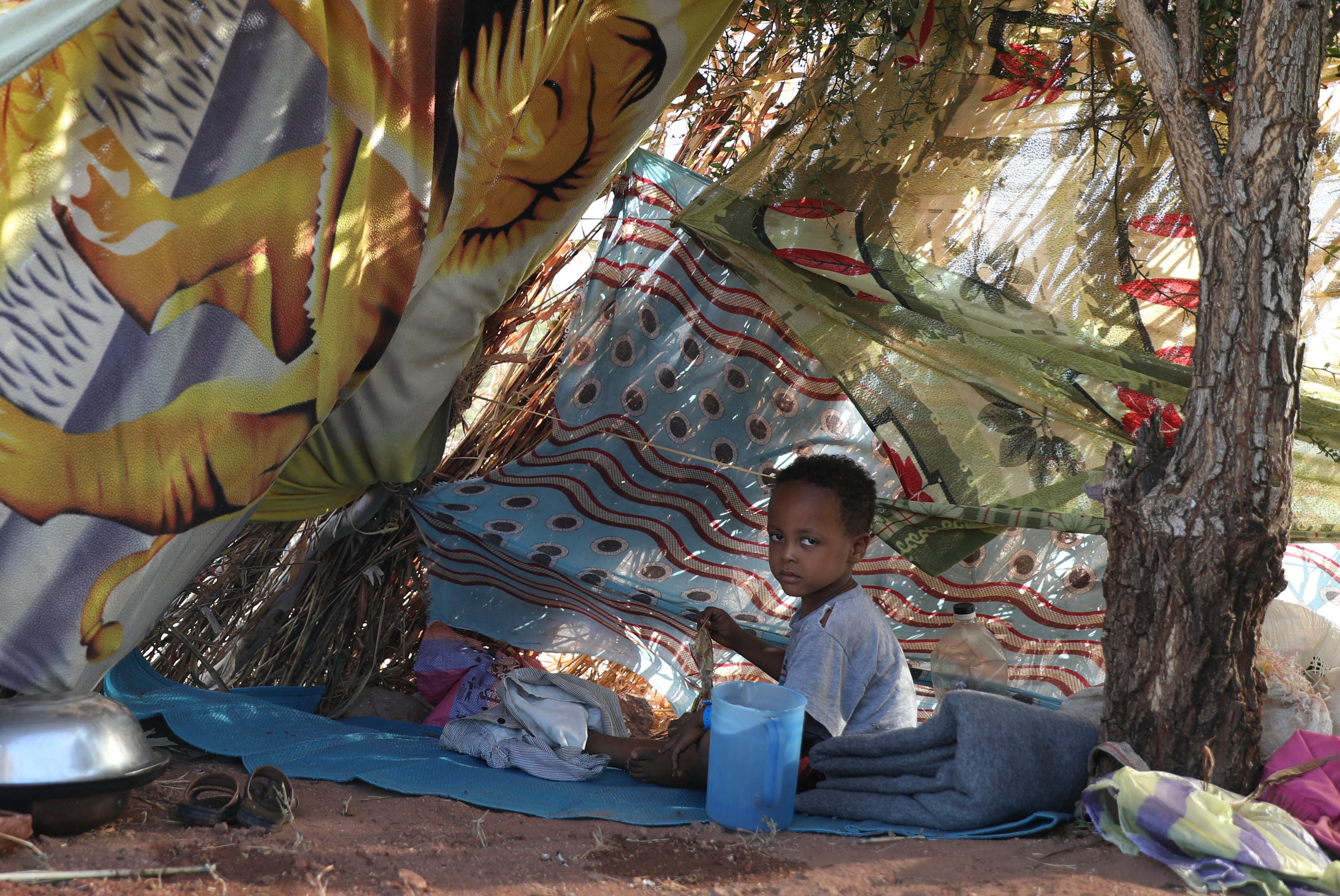UN prepares for up to 200,000 Ethiopian refugees in Sudan
The United Nations refugee agency says about 32,000 people have fled Ethiopia’s embattled Tigray region into neighboring Sudan, and it is preparing to take in up to 200,000 in the next six months if necessary

Your support helps us to tell the story
From reproductive rights to climate change to Big Tech, The Independent is on the ground when the story is developing. Whether it's investigating the financials of Elon Musk's pro-Trump PAC or producing our latest documentary, 'The A Word', which shines a light on the American women fighting for reproductive rights, we know how important it is to parse out the facts from the messaging.
At such a critical moment in US history, we need reporters on the ground. Your donation allows us to keep sending journalists to speak to both sides of the story.
The Independent is trusted by Americans across the entire political spectrum. And unlike many other quality news outlets, we choose not to lock Americans out of our reporting and analysis with paywalls. We believe quality journalism should be available to everyone, paid for by those who can afford it.
Your support makes all the difference.The United Nations refugee agency says about 32,000 people have fled Ethiopia’s embattled Tigray region into neighboring Sudan, and it is preparing to take in up to 200,000 in the next six months if necessary.
Axel Bisschop, the agency’s representative in Sudan, told reporters that “nobody at this stage can say exactly how many will come,” but U.N. officials said fighting continues between Ethiopian government and Tigray regional government forces.
Some of the refugees are arriving with accounts of shelling or airplanes flying overhead, but Bisschop said for now authorities are asking mainly “humanitarian questions” as they urgently seek to provide services.
The refugees are arriving in a very remote area, and humanitarians must create a crisis response virtually from zero even as up to 5,000 refugees continue to arrive every day.
No one knows when the flow might ease. “We have not heard specifics from the fighting, but what definitely is clear is that fighting is ongoing and it is sporadic, you never know where it’s going to happen,” said Hameed Nuru, the Sudan country representative for the World Food Program. “So it is this anticipation and not-knowing which is causing a lot more fear and causing people now to cross.”
He also noted reports that some fighters may have put down their arms and joined the flow of people crossing, which could add to tensions among those who fled.
The UNICEF country representative in Sudan, Abdullah Fadil, said about 45% of the refugees are children under age 18.
“This could unravel Ethiopia and also Sudan,” he said of the crisis. “Soon we will be overwhelmed ... if this rate continues.”
While they said they saw no sign of cross-border fighting, they are trying to move the refugees away from the border just in case.
People left in a great hurry, the U.N. officials said, and most arrived in Sudan with nothing.
“It's a mix of medical doctors, professionals, bankers, to farmers,” Fadil said. “You could tell some people were actually well-off."
Ethiopia’s government has been fighting the Tigray regional forces since a Nov. 4 attack on a military base there. Each side regards the other as illegal, the result of a falling-out between Nobel Peace Prize-winning Prime Minister Abiy Ahmed and the Tigray leaders who once dominated the country’s ruling coalition.
With communications to the region severed, no one knows how many people have been killed, and verifying either side’s claims is challenging.
“At this point, neither party, from what we hear, is interested in mediation,” the top U.S. diplomat to Africa, U.S. Assistant Secretary of State Tibor Nagy, told reporters Thursday evening.
Food, fuel and medical supplies are running desperately short in the Tigray region. Roads are blocked and airports closed.
Alarmed by the potential for disaster in Ethiopia and beyond, 17 U.S. senators urged Secretary of State Mike Pompeo in a letter Thursday to engage Abiy directly to push for an immediate cease-fire.
___
Keaten reported from Geneva.